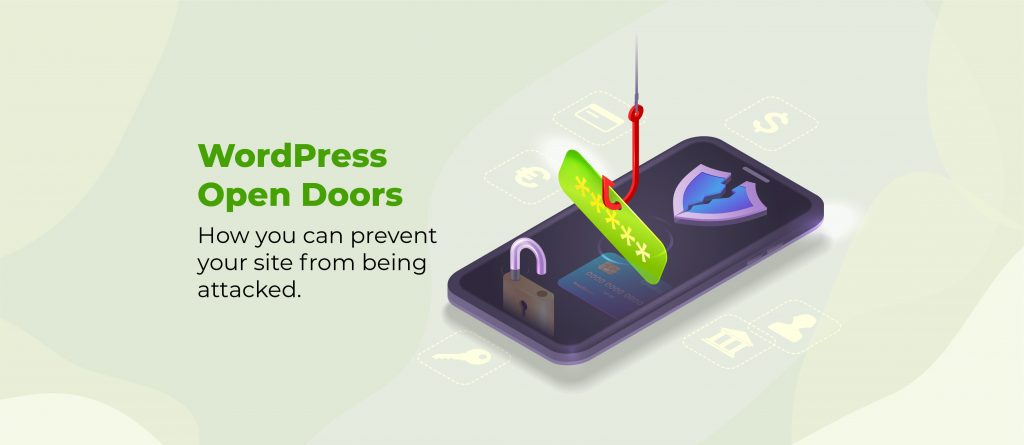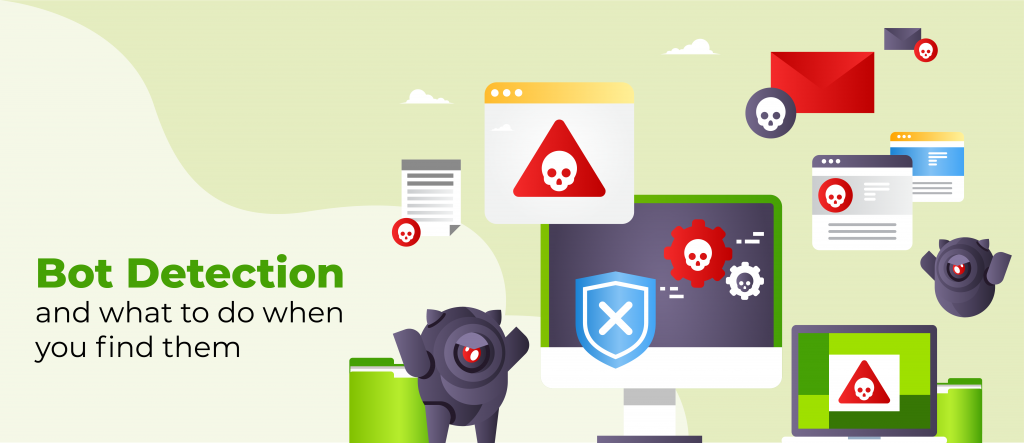WordPress is an open-source codebase and is known to have a lot of vulnerabilities. It has backdoors that hackers can use to infiltrate your website with malware, viruses, and trojans which can be a hassle to clean up. These vulnerabilities are what makes it so important for WordPress users to take security precautions on their websites.
In this blog post, we will discuss the vulnerabilities as well as how you can prevent them from happening again by following these simple guidelines!
What is an open-source CMS?
An open-source CMS means that the content management system is free to use, but also comes with a lot of fundamental security issues. Since the public has full access to its base codebase it hackers can analyze its structure and exploit the vulnerabilities and backdoors in order to infiltrate your website.
What Security vulnerabilities does WordPress have?
The vulnerabilities mainly come from backdoors, cross-site scripting which is a common security flaw, as well as buffer overflow vulnerability in newer versions of WordPress, potentially due to remote code execution.
What are wordpress backdoors?
Backdoors are one more way that hackers get into your WordPress website and steal data or upload viruses onto your site without you knowing anything at all. The backdoor often takes advantage of out-of-date browser plugins which should be updated regularly. It also breaks down defenses like the firewall if there are multiple network layers in place.”
A backdoor hackers commonly use is called Pingback. This is when a hacker sends your site an empty “ping” packet and then waiting for your server to send them back a 404 Page Not Found message.
What is Cross-Site Scripting in a WordPress website?
Often times Cross-Site Scripting can be done by hackers who have gained access to your website and manage to utilize it as an entry point for their malicious code. This will help them gain access to other parts of the site without you realizing what they’re doing!
What is Buffer Overflow Vulnerability in a WordPress website?
The buffer overflow vulnerability was found in the latest version of WordPress and it could have been used for remote code execution, potentially leading to malware installation or other malicious actions.
Essentially, this means that hackers can exploit your website and gain access to other parts without you realizing what they’re doing!
How do I prevent these issues from happening?
You’ll want to make sure you have up-to-date security settings like passwords as well as plugins so that they don’t contain any vulnerabilities or backdoors!
It’s also important to check if there are any cross-site scripting flaws because these could easily get exploited over time without realizing what’s happening!
How can I protect myself from these security risks?
Some easy ways to prevent these issues is by following a few simple guidelines:
- Make sure that you have up-to-date security settings like passwords and plugins.
- Stay on top of your WordPress updates so there are no buffer overflow vulnerabilities as well as cross-site scripting flaws.
These tips will help you avoid any major problems with your website!
What are some plugins and services I can use to help with this?
One way you can prevent these vulnerabilities from happening again is by taking advantage of plugins like Shield Security, which will automatically scan every file on your site as well as monitor all traffic coming into it.
This can be helpful if someone is trying to break into your account remotely and give you an extra layer of security on your site.
We have a full write-up comparing all your WordPress security plugins features and pricing to give you an idea of what the best malware protection plan is best for you.
Does these vulnerabilities make WordPress a bad choice for developing websites?
No not at all! With so many security solutions out there, WordPress is the top CMS in the world to use for building most websites and you have peace of mind that your site will stay up and running.
Backdoors, cross-site scripting, buffer overflow, and pingbacks can be daunting to deal with at first but luckily for you, we have already applied security measures into our Shield Security plugin to protect your WordPress website from its own vulnerabilities and give you peace of mind that you’re protected!


